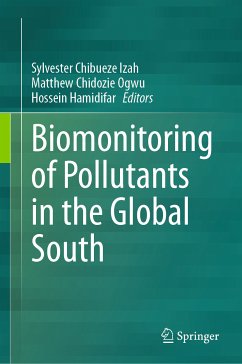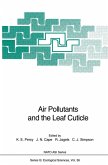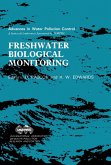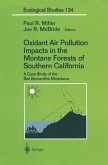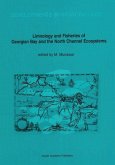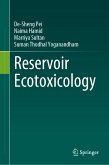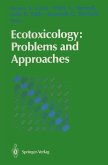Biomonitoring ecosystems' health by using organisms to gather quantitative data on environmental quality is one of the most straightforward and affordable ways to check environmental quality. Since organisms may function as environmental sensors, their use in the direct measurement of environmental quality in the process of biomonitoring studies implicates the health status of various ecosystems. In this regard, microorganisms, higher and lower plants, invertebrates, and vertebrate animals are beneficial since they can detect pollution levels and pollutants in the environment.
This book is of interest and useful to toxicologists, water, soil, and air quality experts, practitioners, trainees, and trainers, biological sciences scientists, academicians, researchers, students (especially undergraduates and postgraduates), libraries, and other public knowledge repositories interested in novel and advanced practices in sustainable biomonitoring of environmental pollutants.
Dieser Download kann aus rechtlichen Gründen nur mit Rechnungsadresse in A, B, BG, CY, CZ, D, DK, EW, E, FIN, F, GR, HR, H, IRL, I, LT, L, LR, M, NL, PL, P, R, S, SLO, SK ausgeliefert werden.

